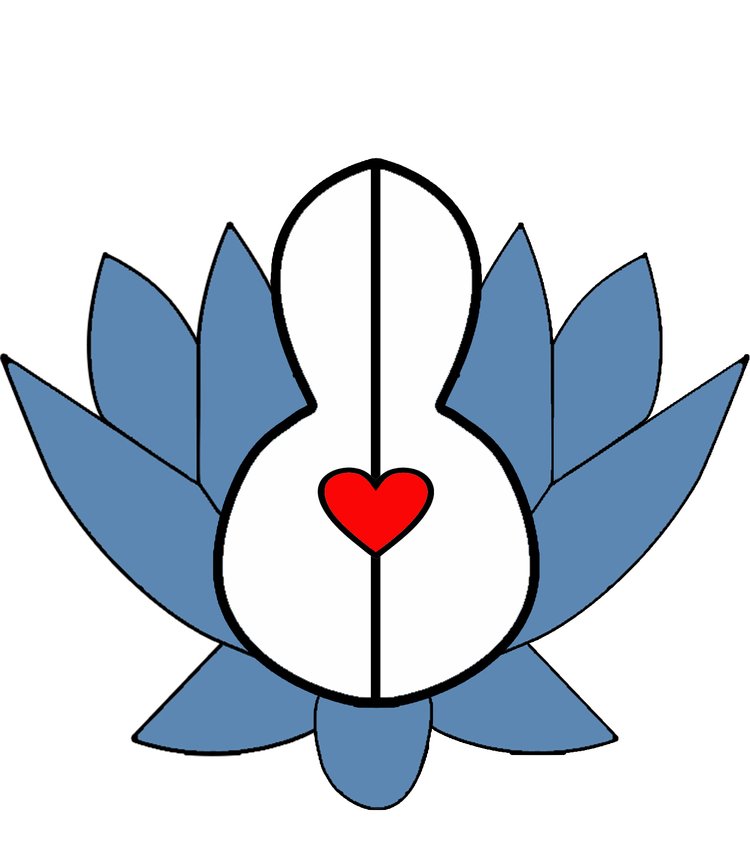The Four Immeasurables and Trauma
There is a classic prayer in Buddhism called the Four Immeasurables. It is often used as a practice to help practitioners open our hearts, to cultivate the awareness which helps us to understand and treasure our common connection to all beings. The lines are as follows:
May all beings have happiness and the causes of happiness
May all beings be free from suffering and the causes of suffering
May all beings never be separated from the supreme joy that is beyond all sorrow
May all beings abide in equanimity, free from attachment and aversion
I recently received a teaching on these passages from Buddhist scholar and teacher, Choying Khandro, of Dakini’s Whisper, in which she offered a fresh perspective. Instead of merely reciting the lines as a supplication, as though someone else or something else is responsible for creating such conditions, Khandro-la suggests we read each of the lines in three ways:
a) As a prayer
b) As a fact
c) As though I am personally determined to make such a thing happen
For example, let's take the first line: “May all beings have happiness and the causes of happiness.” I first read the words as is, sensing them as a plea from my heart to the universe. I feel these words go out, encompassing all beings and all realities, and sit briefly as that energy flows.
Next, I slightly change the wording in order to read it as though it is fact: “All beings have happiness and the causes of happiness.” Here, I pause, and really visualize our universe as a place where this is so. What is it like to live in such a world? What energy is present? What details can I see/hear/touch/taste/smell? How do other beings react to experiencing such conditions? I take some time to flesh out as many details as possible, to really make the statement tangible.
Finally, I read the line as a mission statement: “I am determined to ensure that all beings have happiness and the causes of happiness.” With this statement, the abstract becomes concrete. I am now choosing involvement. This simple alteration not only changes the tone of our meditation practice (click here for a great article on the dangers of 'McMindfulness'), but it transforms our mere prayer and visualization into Power. It provides us with a means through which we may resolutely and actively engage with our world.
Those of us who have experienced trauma often feel powerless. Weak. Hopeless. Helpless. We're so accustomed to being ignored, beaten down, dismissed, and/or trodden upon, that we’ve often given up. But this simple shift from prayer statement to personal power statement alters the lens through which we view our circumstances. Armed with our vision created in Step b), our factual statement, we are consciously choosing to reframe our experience of our world. My circumstances, beginning right now, are not something negative being done to me. Instead, I am the fuel of positive change.
Of course, this is a mental exercise. But it's not so difficult to come up with even one small thing I might be determined to do today to ensure that all beings have happiness and the causes of happiness. This might mean that I resolve to offer a smile to everyone I encounter that day. Perhaps I take a bag along and pick up trash as I take my daily walk (plogging, anyone?) Maybe I ______________, well, how about you take a shot at filling in the blank?
In the big picture, these seemingly small actions probably won't erase our traumas nor those of the people we have chosen to help that day. But as we heal, as we move from our current “normal” toward our healthier “new normal,” this simple meditation tool can help us transition from passive bystander to active participant, from victim to survivor.
It may not feel easy, vowing to move forward from your heart. But as my Buddhist teachers have often said, “That's why we call it practice!”
At Bodhisattva Bodywork, I offer a variety of stress reduction and trauma resolution therapeutic services in my Chapel Hill office and online via a secure video link. I’m also affiliated with a trauma-focused group psychotherapy practice in Japan: Trauma Treatment Center and Resources (TTCR), which offers body-based therapy sessions and educational seminars in English, Japanese, and Korean.


